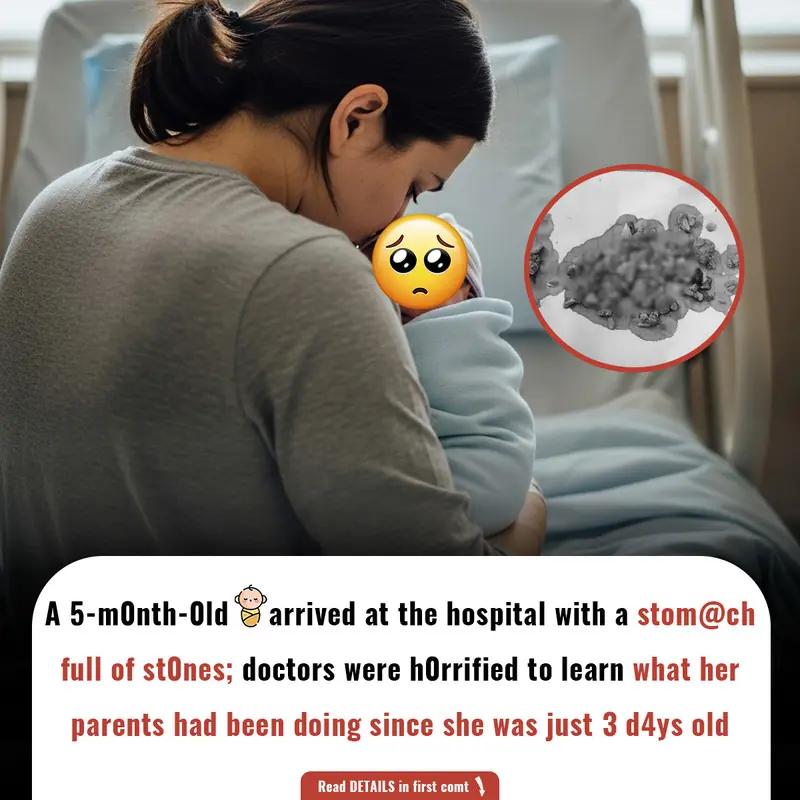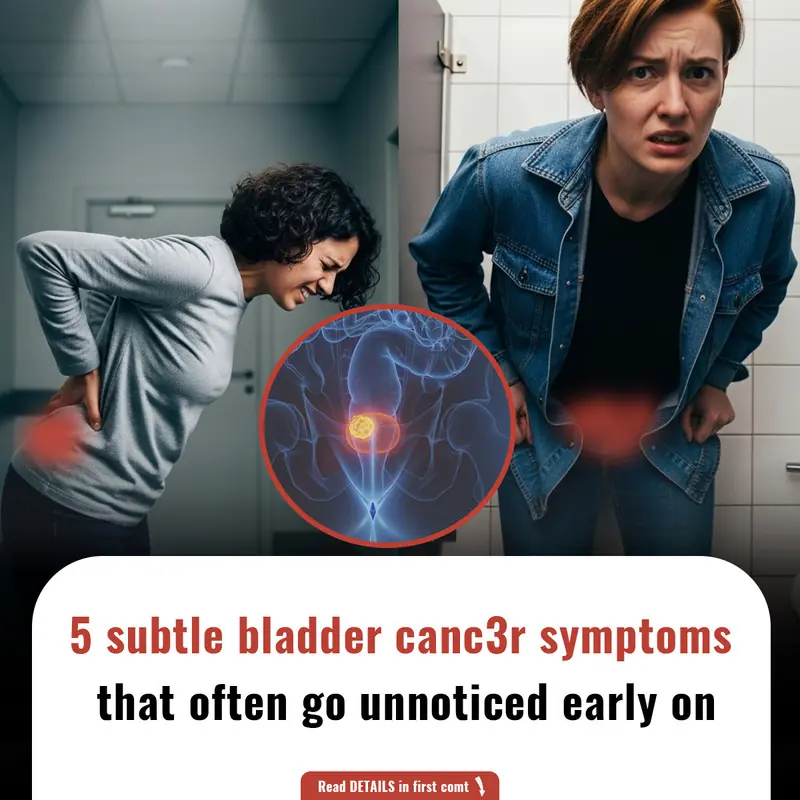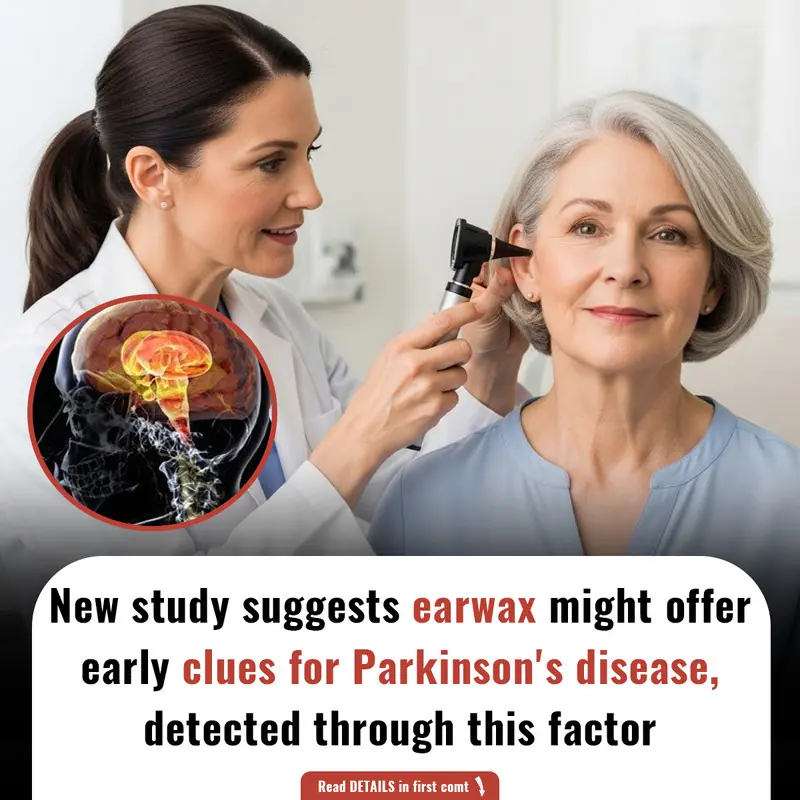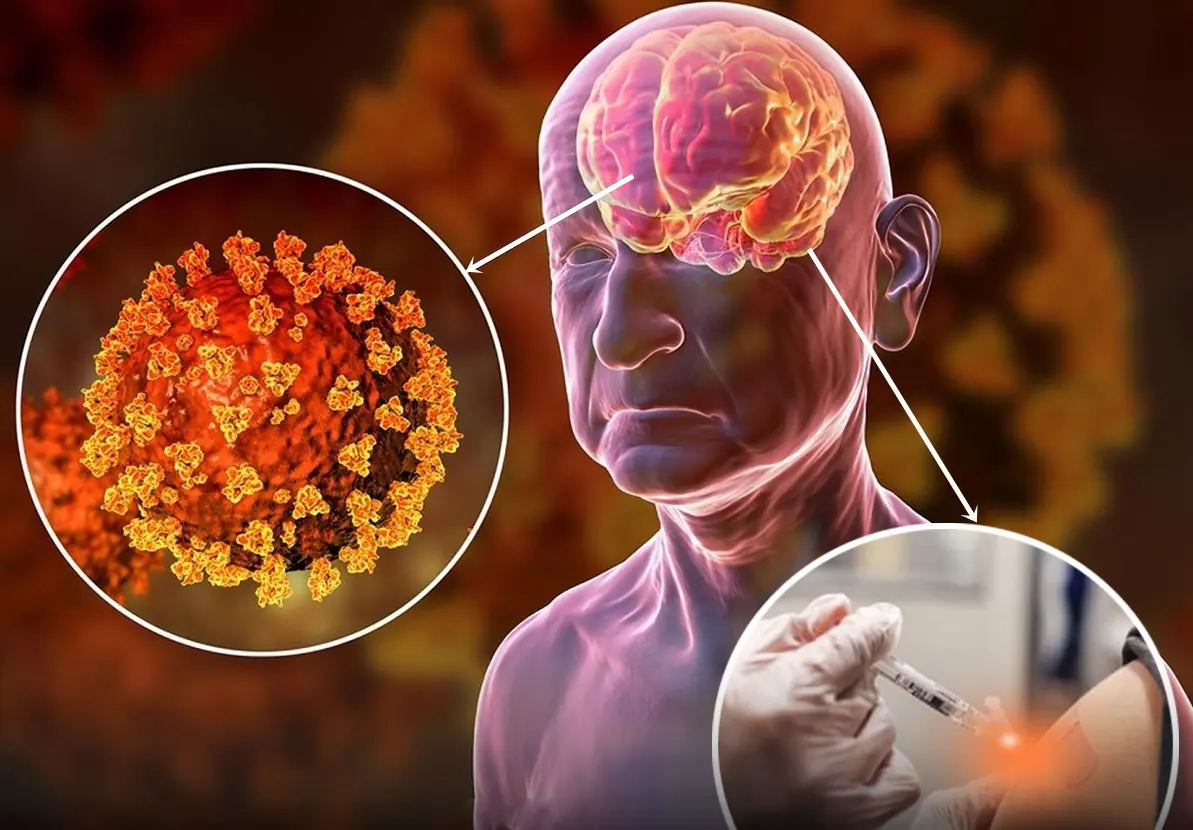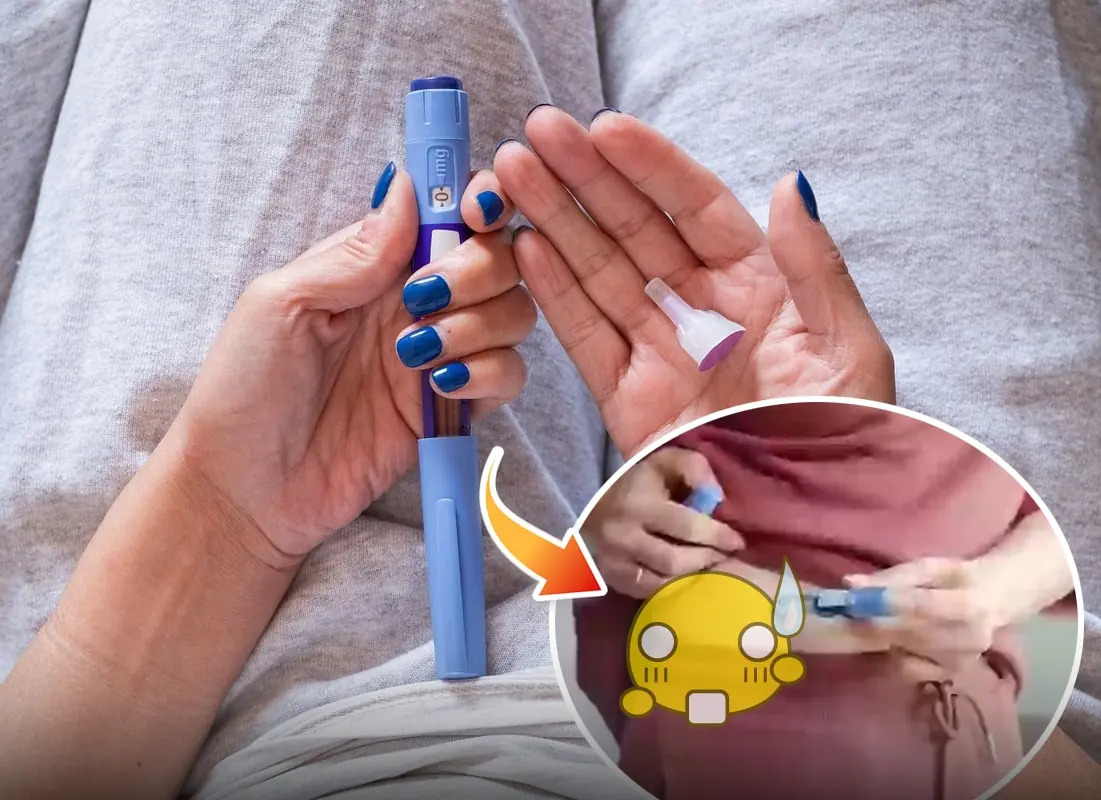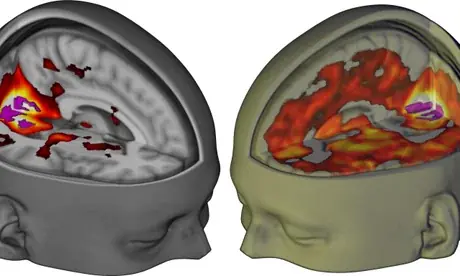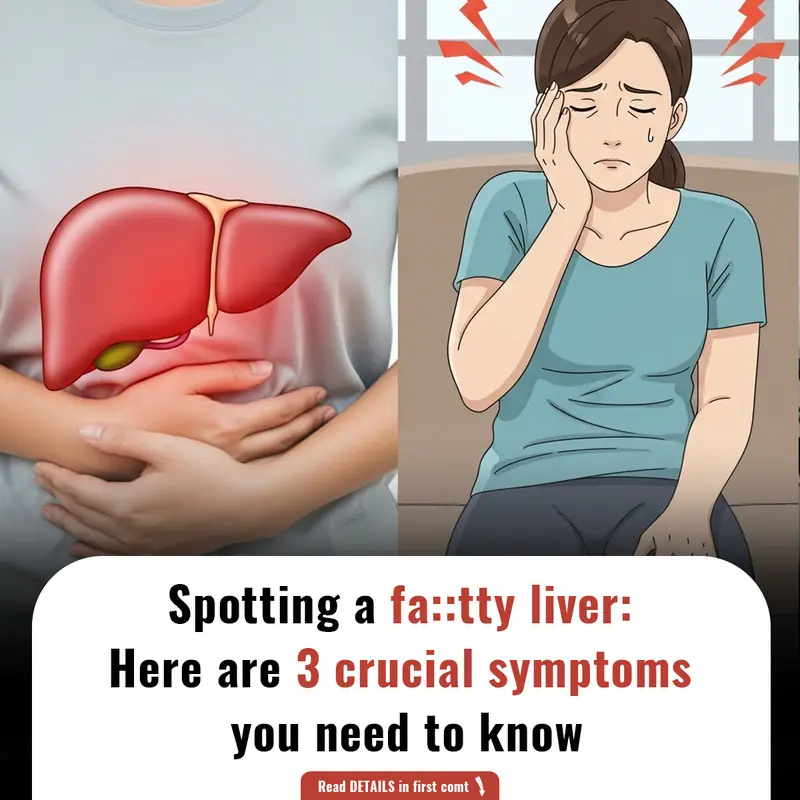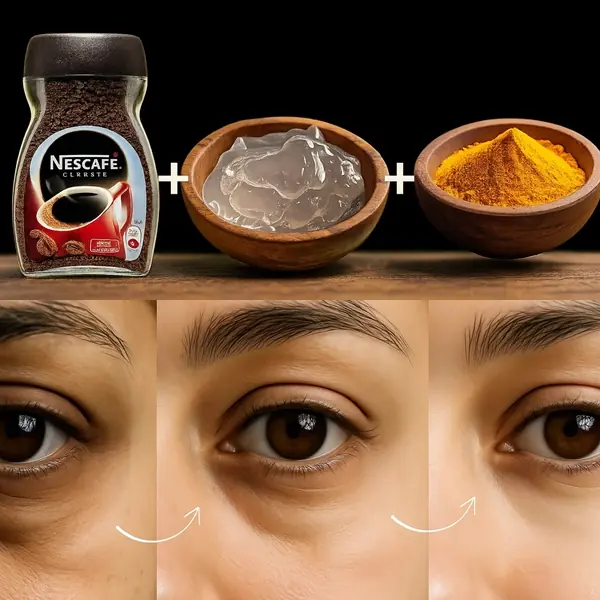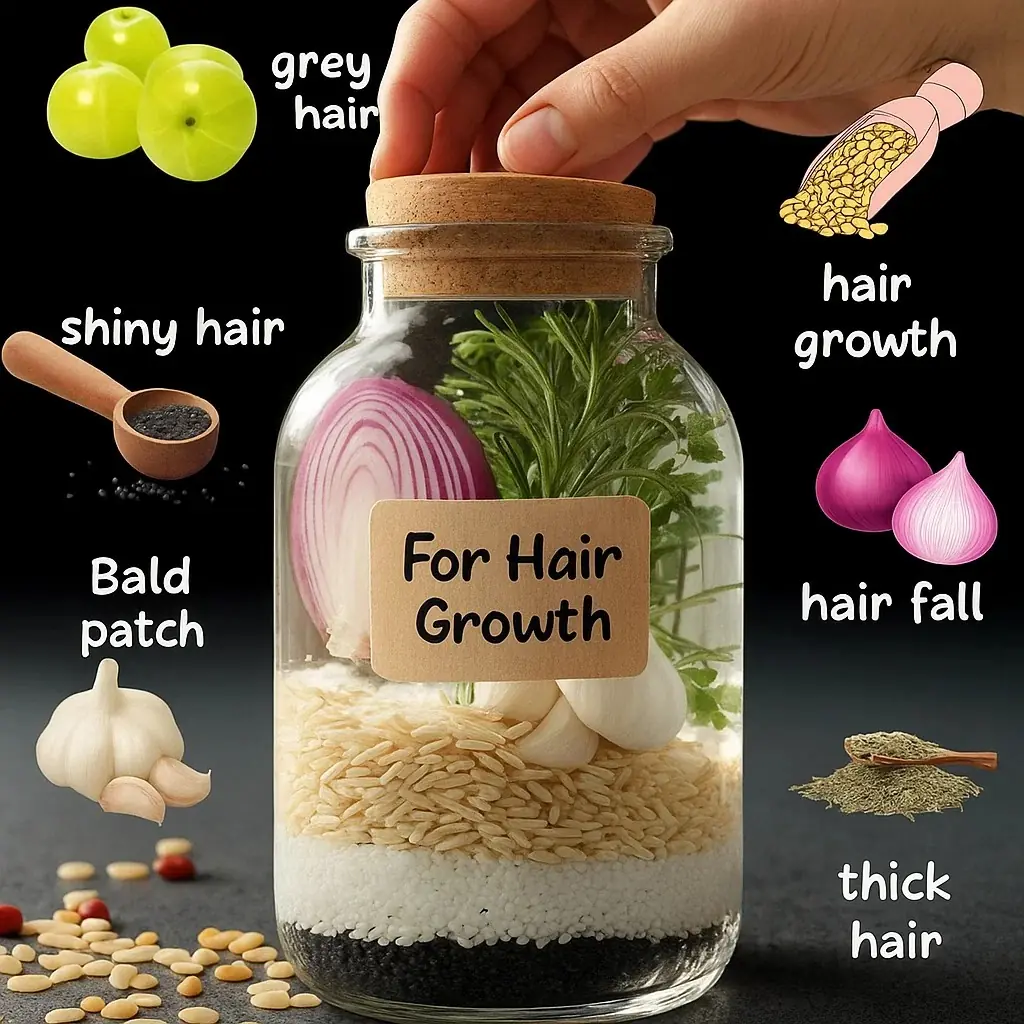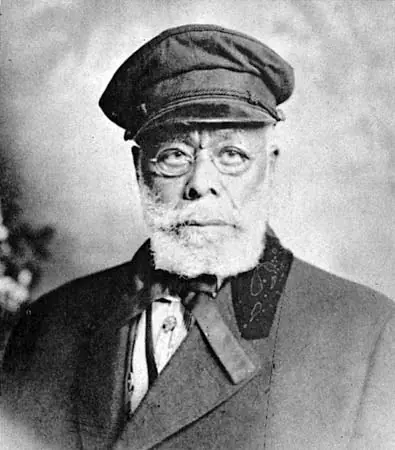Japanese researchers have developed a groundbreaking drug aimed at regrowing teeth. Learn about this promising new treatment, its potential to replace dentures, and its future for restoring natural teeth.
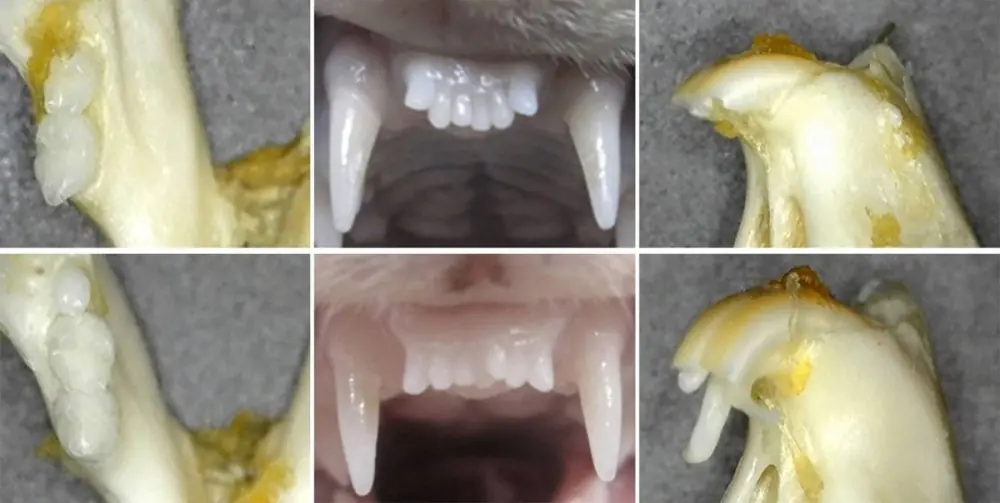 Before (top) and after images of the regrowth of a tooth in a ferret (center top and bottom) and mice (right and left) | The Medical Research Institute Kitano Hospital / via AFP-Jiji
Before (top) and after images of the regrowth of a tooth in a ferret (center top and bottom) and mice (right and left) | The Medical Research Institute Kitano Hospital / via AFP-Jiji
Imagine a world where people can regrow their own teeth, even after losing them due to decay, injury, or disease. Thanks to innovative research by a team of Japanese scientists, this idea might become a reality sooner than expected. Dr. Katsu Takahashi, a leading researcher in oral surgery at Kitano Hospital in Osaka, and his team have embarked on groundbreaking research to develop a drug that could trigger the growth of a third set of teeth in humans. This pioneering approach offers hope for those who struggle with tooth loss and could revolutionize the way we treat dental problems.
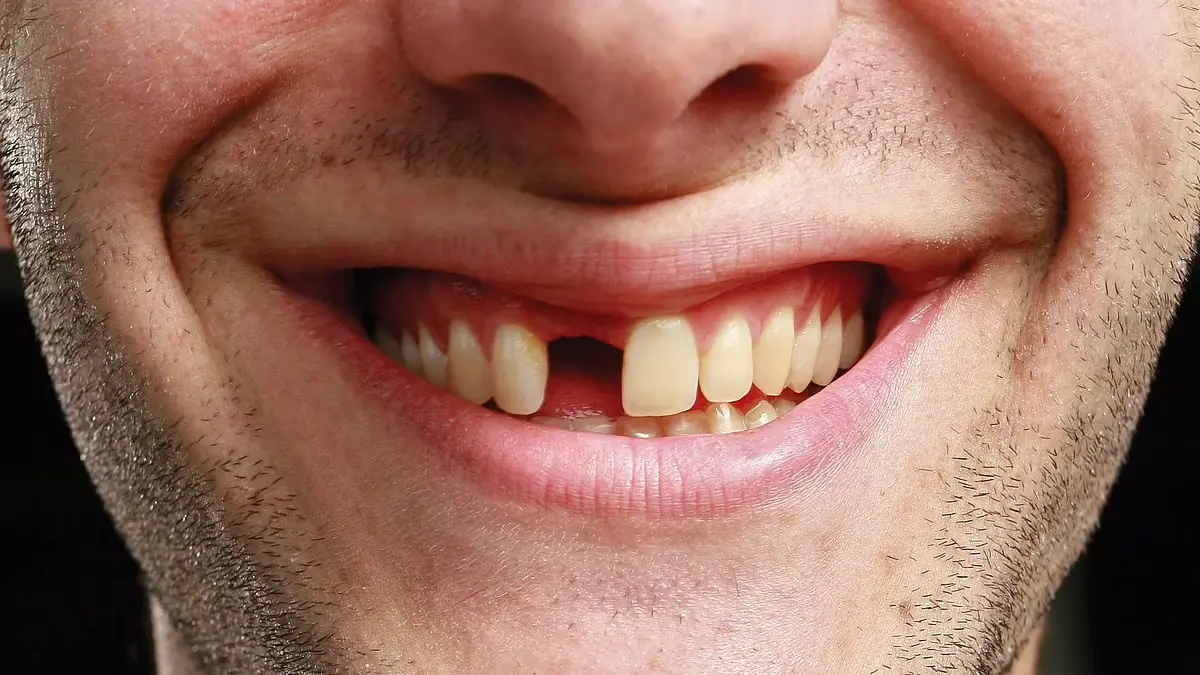
How the New Drug Could Regrow Teeth
While humans typically grow only two sets of teeth—our baby teeth and adult teeth—scientists have discovered that a third set of teeth may be dormant beneath our gums. In a study published in the journal ACS Nano, Dr. Takahashi’s team revealed their progress in using an experimental drug to activate these dormant tooth buds and regrow teeth in adult mice.
The drug works by blocking a protein called USAG-1, which inhibits the growth of new teeth. By targeting and blocking USAG-1, researchers were able to stimulate tooth growth in animals, effectively "awakening" the hidden buds. The potential for this method to be applied to humans is groundbreaking, offering an alternative to costly and invasive procedures like dentures and dental implants.
Why This Matters: The Promise of Regenerating Teeth
The current dental treatments for missing teeth, such as dentures and implants, are widely used but can be uncomfortable, costly, and invasive. Dr. Takahashi’s team is working on an alternative that could restore natural teeth without the need for surgery or implants. The goal is to create a system that could one day allow for natural tooth regeneration in patients who have lost teeth due to aging, injury, or other health conditions.
This innovative treatment is especially promising for children with congenital tooth loss, a rare condition that affects about 0.1% of the population. For these individuals, the possibility of growing new teeth could drastically improve their quality of life and alleviate the emotional and physical challenges of toothlessness.
The Breakthrough: Clinical Trials and Early Results
In October, clinical trials were launched at Kyoto University Hospital, where the experimental drug was administered to adult subjects. These trials aim to test the drug's safety and effectiveness, with the ultimate goal of making the treatment available to patients by 2030.
The research team is especially focused on the urgent needs of children with congenital tooth loss. Dr. Takahashi believes that this drug could significantly benefit young patients who have lost multiple permanent teeth due to genetic conditions.
Challenges and Controversies in Regrowing Teeth
While the findings are groundbreaking, experts remain cautious about the long-term implications of this research. Dr. Chengfei Zhang, a clinical professor at the University of Hong Kong, highlighted the need for further studies, noting that outcomes from animal experiments do not always directly translate to humans. Additionally, there are concerns about the functional and aesthetic outcomes of regenerated teeth.
Moreover, Dr. Angray Kang, a dentistry professor at Queen Mary University of London, acknowledged the exciting potential of the research but stressed that the journey to regenerating human teeth is a long one. “It’s not a sprint but a marathon,” he said, indicating that while this treatment could offer a new frontier in dental medicine, it will require years of testing and refinement.
What Does This Mean for the Future of Dental Care?
The success of this pioneering treatment could drastically change how we think about tooth loss and regeneration. If the trials are successful and the drug is approved for use in humans, it could offer a revolutionary new way to replace lost teeth, improving dental health outcomes worldwide.
In Japan, where over 90% of people aged 75 or older have at least one missing tooth, this treatment could be especially life-changing. By enabling people to regrow their teeth naturally, the treatment may not only improve oral health but also extend the healthy life expectancy of older adults, offering a new lease on life.
When Will This Treatment Be Available?
Currently, the researchers are prioritizing the needs of patients with congenital tooth loss, and they aim to make the treatment available to children by 2030. For now, the clinical trials are focused on testing the drug’s safety, with some adult participants who have lost teeth due to injury or disease.
As the research progresses, more trials and studies will be necessary to ensure the safety and effectiveness of the drug. While it may take years before this treatment becomes widely available, the early results are promising, and many are optimistic about its potential to reshape the future of dental care.
Conclusion: A New Era in Dental Treatment
The development of a drug that can potentially regrow teeth represents a major leap forward in medical science and dental care. While there are still many hurdles to overcome, the research led by Dr. Takahashi and his team offers a hopeful glimpse into the future of dentistry, where natural tooth regeneration may one day replace traditional methods like dentures and implants.
As clinical trials continue and the drug moves closer to human application, we may soon see a world where tooth loss is no longer an inevitable part of aging or injury. For now, patients and researchers alike can look forward to further breakthroughs that could one day lead to self-regenerating teeth.
Credit
This article is based on research and reports from Japan Times, Kyoto University, and insights from Dr. Katsu Takahashi, lead researcher in the groundbreaking study. For more information on the advancements in tooth regeneration and other dental innovations, visit Japan Times or consult with dental professionals and research institutions involved in this exciting development.
